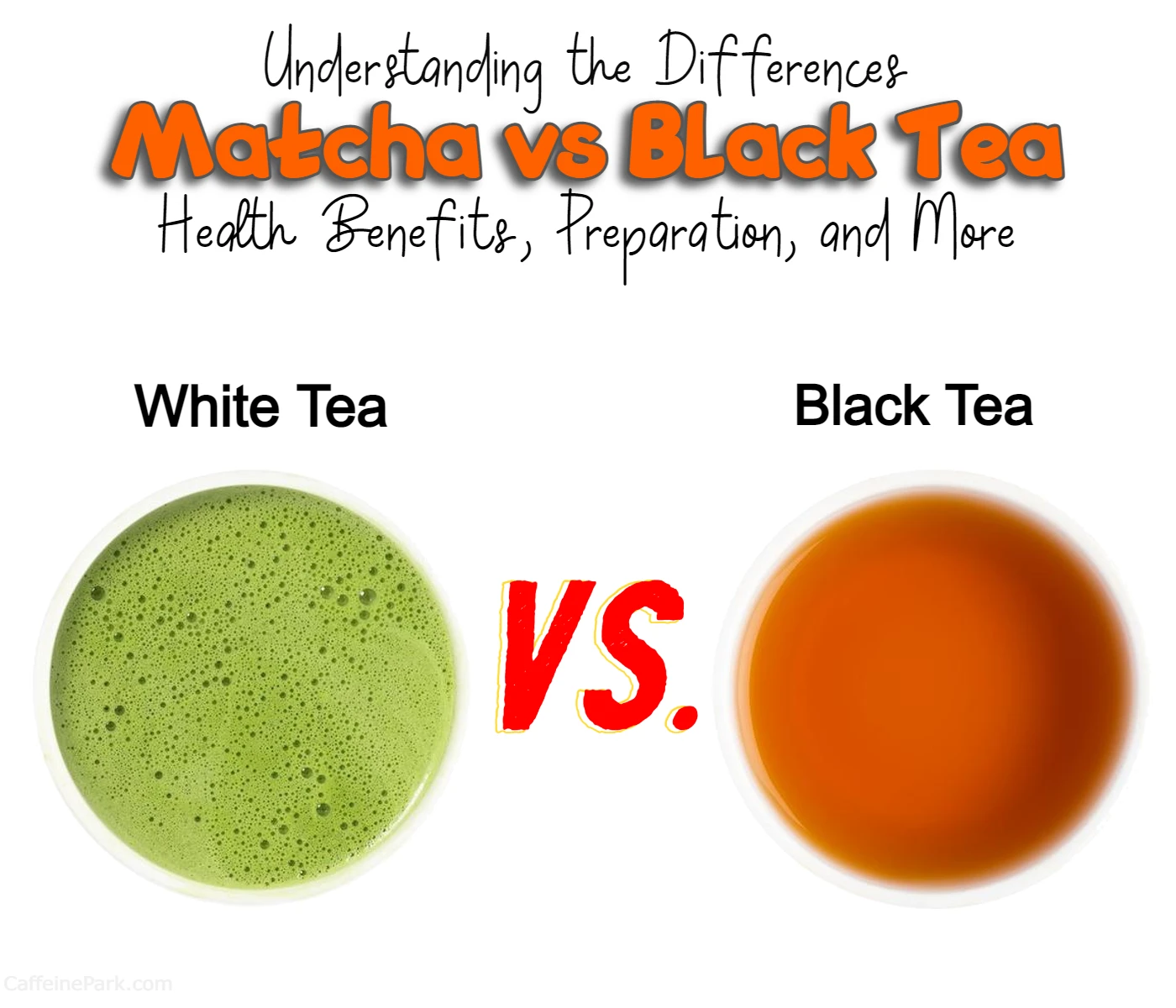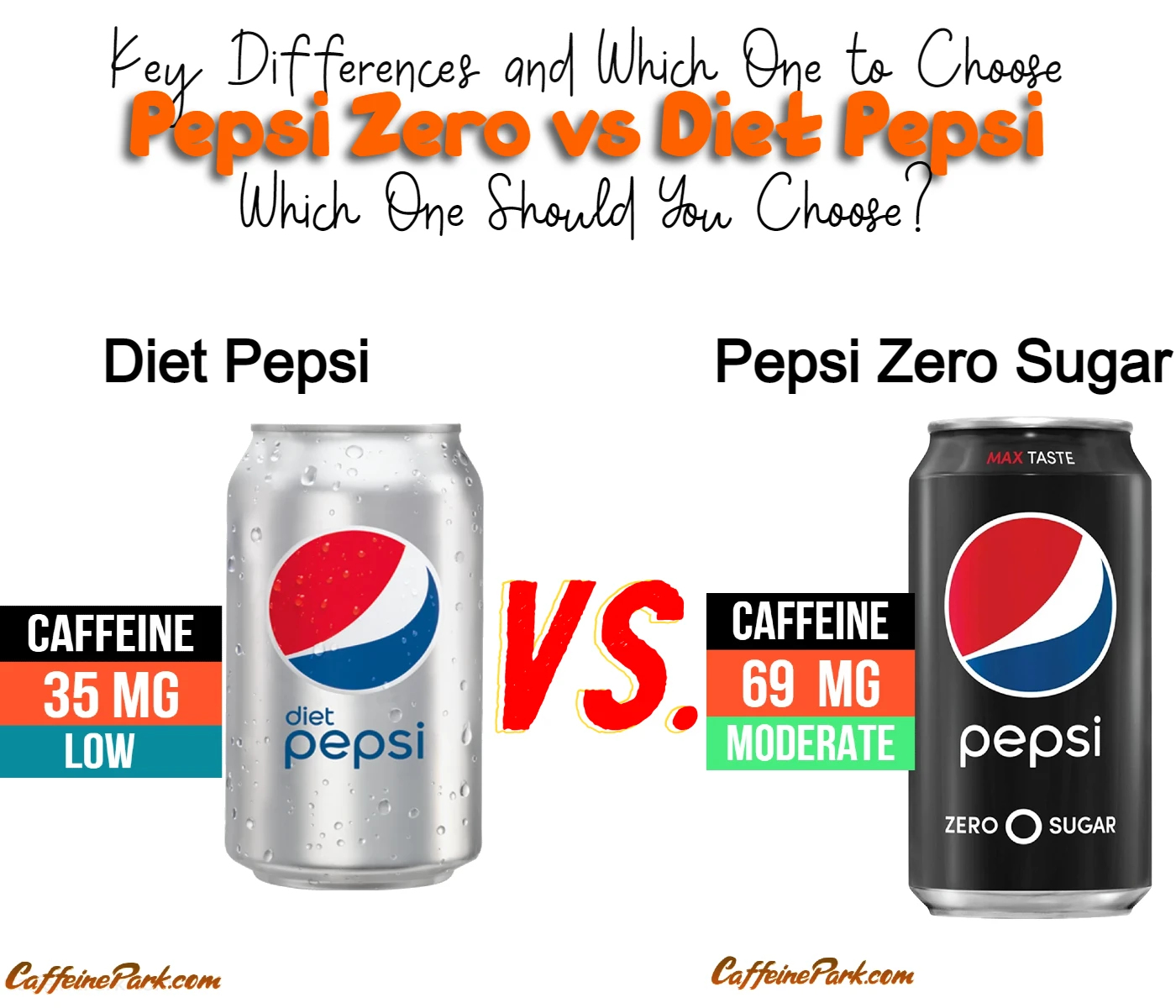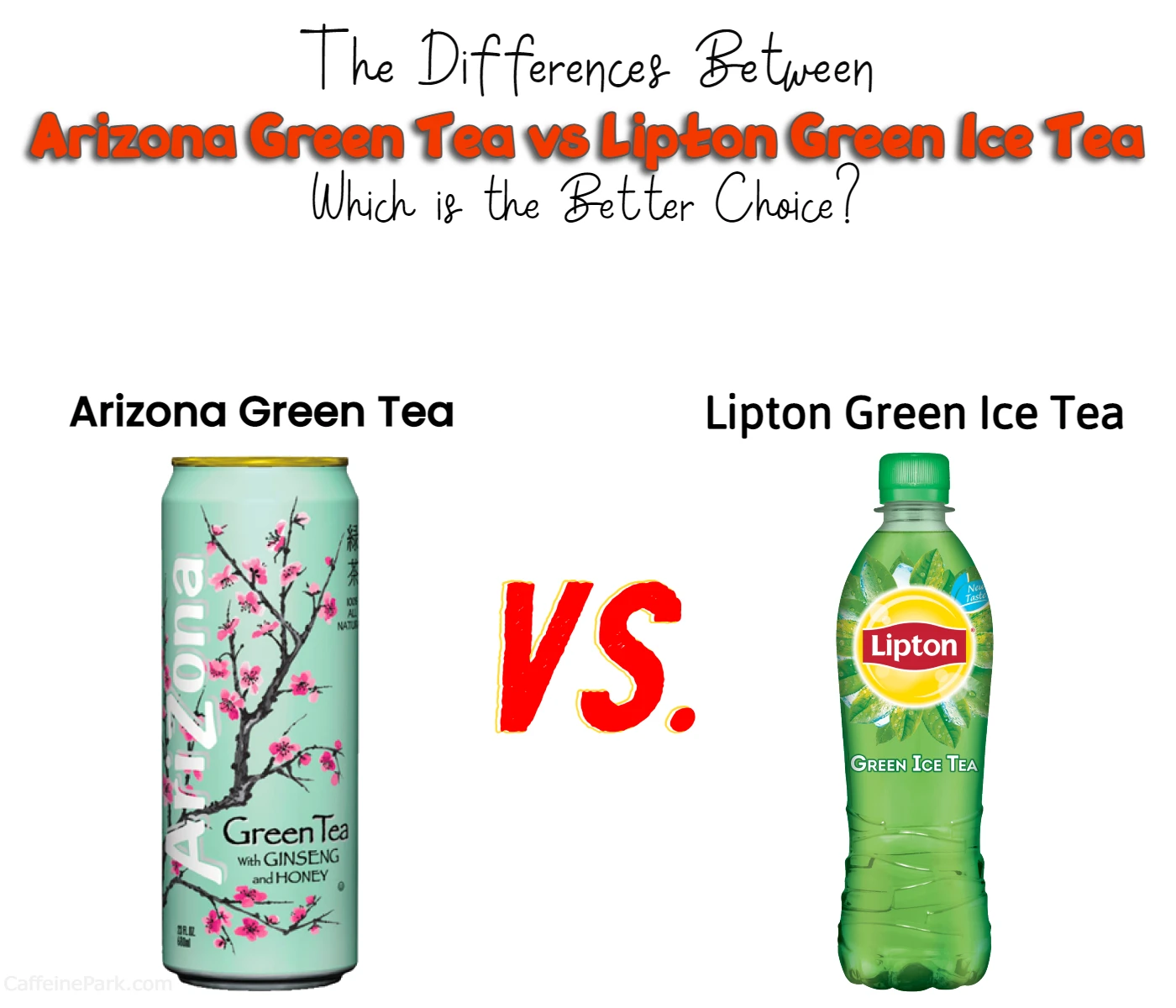Matcha vs Black Tea

Hey there tea lovers! Are you curious about the differences between black tea and matcha? Look no further! In this article, we’ll explore the unique qualities of each type of tea, from their flavor profiles to their health benefits. By the end of this article, you’ll have a better understanding of which tea is right for you.
First off, let’s talk about black tea. Known for its robust flavor and dark color, Black tea is made by oxidizing the leaves of the Camellia sinensis plant. This oxidation process gives black tea its unique taste and health benefits, which we’ll delve into in a bit. On the other hand, Matcha is a type of green tea that is grown in the shade and ground into a fine powder. This method of preparation gives matcha its distinct earthy flavor and creamy texture.
Now, you may be wondering, “Which type of tea is better for me?” The answer is, it depends on your personal preferences and health needs. Are you looking for a tea that can help improve mental clarity and reduce stress? Matcha may be the way to go. Do you prefer a tea with a strong, bold flavor that can be enjoyed with milk and sweetener? Black tea may be your best bet. Whatever your preference, it’s important to understand the unique qualities of each tea and the benefits they can offer.
So, grab a cup of your favorite tea and read on to learn more about the differences between black tea and matcha. And be sure to read to the end of the article for a surprise bonus tip!
Here’s a quick comparison chart between black tea and matcha:
| Black Tea | Matcha | |
|---|---|---|
| Preparation | Steeped in hot water | Whisked with hot water |
| Flavor | Bold and robust | Earthy with a creamy texture |
| Caffeine Content | Moderate to high | High |
| Antioxidant Content | High | High |
| Health Benefits | Supports heart health and reduces the risk of chronic diseases | Improves mental clarity and reduces stress |
| Price | Generally less expensive | Can be more expensive due to the labor-intensive process |
Note that the specific values for caffeine and antioxidant content can vary depending on the quality and preparation method of the tea.
differences between Matcha and Black tea
Health Benefits
Black tea is a type of tea that is more oxidized than green, white or oolong teas. It is made from the leaves of the Camellia sinensis plant, which are withered, rolled, and then left to oxidize. This process gives black tea its distinct dark color and robust flavor.
Black tea is rich in antioxidants called polyphenols, which have been linked to a variety of health benefits. Some studies suggest that black tea may help improve brain function, boost metabolism, and lower the risk of type 2 diabetes. Additionally, black tea contains caffeine, which can help improve alertness and focus.
Matcha, on other the hand, is a type of green tea that is made from shade-grown tea leaves. The leaves are ground into a fine powder, which is then whisked with hot water to create a frothy, creamy beverage. Matcha has a unique flavor that is both earthy and slightly sweet, and it is often used in traditional Japanese tea ceremonies.
Like black tea, matcha is packed with antioxidants called catechins, which may help reduce the risk of certain diseases. Additionally, matcha contains higher levels of caffeine than black tea, making it a good option for those who need an energy boost. Some studies suggest that matcha may also help improve mental clarity and reduce stress.
Preparation Methods
The preparation methods for black tea and matcha are quite different. Black tea is typically brewed in hot water for a few minutes and can be enjoyed with or without milk and sweetener. Matcha, on the other hand, requires a bit more preparation. To make matcha, you’ll need a special whisk and bowl. First, sift the matcha powder into the bowl to remove any clumps. Then, add hot water and whisk vigorously until the mixture becomes frothy and creamy.
Caffeine Content
Both black tea and matcha contain caffeine, but matcha has a higher caffeine content than black tea. A cup of matcha typically contains around 64 mg of caffeine, while a cup of black tea contains around 47 mg. If you’re sensitive to caffeine, you may want to opt for black tea over matcha.
Flavor Profile
Black tea and matcha have distinct flavor profiles. Black tea is robust and slightly bitter, with a hint of sweetness. It pairs well with milk and sweetener and can be enjoyed hot or cold. Matcha, on the other hand, has a unique earthy flavor that is slightly sweet. It’s often enjoyed on its own, without milk or sweetener.
Which One is Right for You?
Ultimately, the choice between black tea and matcha comes down to personal preference. If you’re looking for a robust, flavorful tea that can be enjoyed with milk and sweetener, black tea may be the way to go. If you’re looking for a unique, creamy beverage that packs a caffeine punch, matcha may be more your style.
Final Thoughts
Whether you prefer black tea or matcha, both types of tea offer a range of potential health benefits. From improved brain function to reduced stress, there are many reasons to make tea a part of your daily routine. So, the next time you’re in the mood for a cup of tea, consider trying out a new variety and see which one you like best.
Alternative to black tea and matcha
If you’re looking to switch things up and try something new, there are plenty of alternatives to black tea and matcha. Here are a few options to consider:
- Herbal Tea: Unlike black tea and matcha, herbal teas are not made from the Camellia sinensis plant. Instead, they are made from a variety of herbs and spices, such as chamomile, peppermint, and ginger. Herbal teas can offer a range of health benefits, from soothing digestion to promoting relaxation.
- Rooibos Tea: Also known as red tea, rooibos tea is made from the leaves of the Aspalathus linearis plant, which is native to South Africa. Rooibos tea has a naturally sweet and nutty flavor and is caffeine-free. It also contains antioxidants that can help support overall health.
- White Tea: White tea is made from the youngest leaves and buds of the Camellia sinensis plant. Unlike black tea, which is heavily oxidized, white tea is minimally processed, which helps to retain its delicate flavor and health benefits. White tea is also lower in caffeine than black tea, making it a good choice for those who are sensitive to caffeine.
So, whether you’re looking for a caffeine-free option, a soothing herbal blend, or a delicate and nuanced flavor profile, there are plenty of alternatives to black tea and matcha to choose from.
FAQs
Black tea is made by oxidizing the leaves of the Camellia sinensis plant, while matcha is made by grinding shade-grown green tea leaves into a fine powder. This gives black tea a bold, robust flavor, while matcha has a unique earthy taste and creamy texture.
Both black tea and matcha offer health benefits. Black tea is rich in antioxidants, which can help support heart health and reduce the risk of chronic diseases. Matcha is also high in antioxidants, as well as caffeine, and a unique amino acid called L-theanine, which can help improve mental clarity and reduce stress.
Yes, you can add milk and sugar to both matcha and black tea. In fact, many people enjoy black tea with milk and sugar, while matcha can be whisked with milk to create a frothy, latte-like beverage.
Matcha can be more expensive than black tea due to the labor-intensive process required to produce high-quality matcha powder. However, the price can vary depending on the quality of the tea and where it is sourced from.
To prepare black tea, steep the tea leaves in hot water for several minutes, then strain and enjoy. Matcha is traditionally prepared by whisking the tea powder with hot water until frothy, then drinking the tea straight from the bowl.
Read More:





